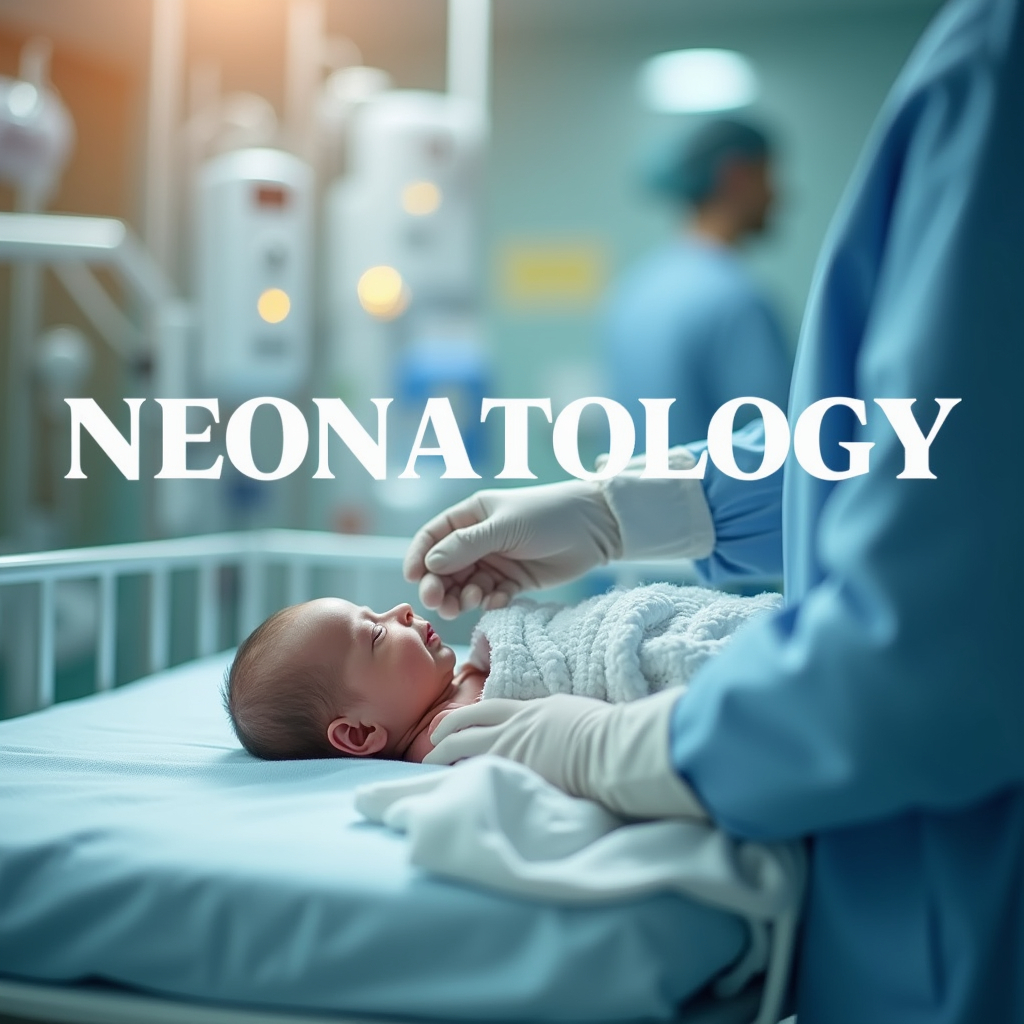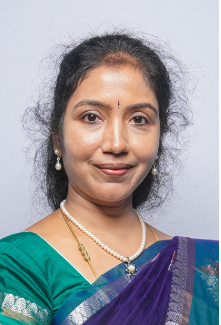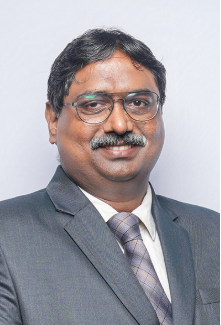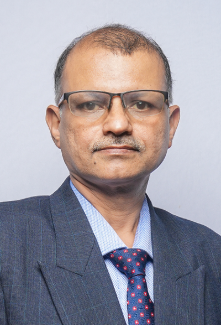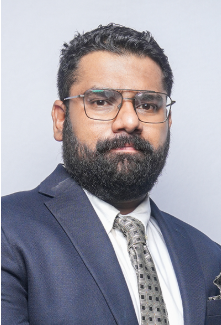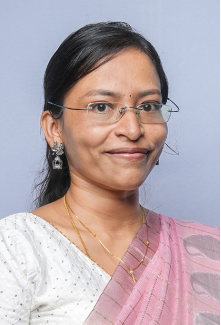About the Department
It's impressive to view the growth and scope of our Neonatology Unit since its inception. Managing around 4000 intramural births annually and providing care for 2000 in-patient babies and 6000 out-patient babies speaks volumes about the dedication and capacity of our unit. Established in 1988 within the Department of Pediatrics and transitioning to an independent unit in 2004, our Neonatology Unit has evidently evolved to meet the increasing demand for specialized care for newborns. The numbers highlight a significant volume of care and underscore the unit's role in supporting the health and well-being of newborns and their families.
Infrastructure
Facility Size and Beds: Our unit spans 6500 square feet of centrally air-conditioned space. It includes 24 ICU/HDU beds, 19 special care nursery beds, and 12 Kangaroo Mother Care beds. The unit is divided into a low-cost centre and a paying unit, each with an equal number of beds.
Equipment:
Ventilators: We have a range of ventilators including conventional ventilators, transport ventilators (2 units), advanced ventilators including hybrid ventilators, and high-frequency oscillators.
Specialized Therapies: Facilities include inhaled Nitric Oxide, CPAP units (both bubble and flow-driver), incubators, and warmers.
Monitoring: Multiparameter monitors, pulse-oximeters, and adequate phototherapy units are available.
Infrastructure: Centralized oxygen supply, UPS backup, and 24-hour generator backup ensure continuous operation of equipment.
Laboratory and Support Services: There's an in-house blood gas analyzer for immediate diagnostic needs. A centralized NABL-accredited laboratory and a blood bank are integral parts of the unit. A fully-stocked pharmacy operates round the clock to provide necessary medications.
Additional Amenities: The unit is equipped with 24-hour computer and internet access at multiple locations. It features a well-equipped department library as well as access to a large central library. This comprehensive setup reflects a commitment to providing high-quality care to neonates, supported by state-of-the-art facilities, advanced medical equipment, and essential support services. The inclusion of specialized care like Kangaroo Mother Care beds further emphasizes a holistic approach to neonatal health. Our unit is well-prepared to handle a significant caseload and provide optimal care to newborns and their families.
Specialized Pediatric Services: Beyond neonatology, our unit collaborates with specialists in various pediatric sub-specialties. This includes pediatric surgeons, including those trained in cardiac surgery, who are pivotal in managing surgical cases that may arise in newborns and infants. Access to these sub-specialists enriches the range of care our unit can offer, ensuring that infants with complex medical needs receive multidisciplinary treatment tailored to their specific conditions.
Services offered: Our Neonatology department is incredibly specialized and well-equipped to handle high-risk newborns and premature infants.
Patient Focus: Our department primarily cares for babies less than 28 days old, including preterm babies born above 24 weeks of gestation. Special expertise is evident in managing very low birth weight (VLBW) babies (less than 1500g), extremely preterm infants (below 28 weeks), surgical cases, and babies with inborn errors of metabolism (IEM).
Accreditation and Expertise: Our unit obtained Level-III-b accreditation from the National Neonatology Forum (NNF) in 2014, indicating high standards of care and infrastructure. This accreditation underscores our expertise and commitment to neonatal care.
Specialized Services: We are one of the largest neonatal cardiac surgical centers in Tamil Nadu, highlighting your capability in managing complex cardiac conditions in newborns. Our unit also offers ECMO (Extracorporeal Membrane Oxygenation) support, a sophisticated technology crucial for managing critically ill term infants.
Holistic Care and Facilities: Our department emphasizes holistic care, supported by state-of-the-art facilities. This comprehensive approach likely includes advanced monitoring, specialized nursing care, nutritional support, developmental care, and family-centered practices.
Transportation Services: We have the capability to transport sick neonates from other centers within a 60 km radius, ensuring that babies requiring specialized care can reach our facility promptly and safely.
Overall, our Neonatology department appears to be a leader in providing advanced, specialized care for critically ill newborns, including those with complex medical and surgical needs. This combination of expertise, accreditation, specialized services, and comprehensive care facilities positions our unit as a crucial resource for neonatal care in our region.
Neonatal Screening services: Our Neonatology department clearly prioritizes preventive care as an integral part of approach to neonatal medicine.
Immunization: Ensuring newborns receive timely immunizations is crucial for protecting them against common infectious diseases. This proactive measure helps build immunity early, offering long-term health benefits.
Universal Screening Programs: Our department conducts comprehensive screening programs aimed at early detection of various conditions:
Hearing Loss: Timely screening allows for early intervention, which is critical for language and cognitive development.
Hypothyroidism: Early detection ensures prompt treatment to prevent complications related to thyroid hormone deficiency.
Congenital Adrenal Hyperplasia: Screening identifies this genetic disorder early, enabling timely management to prevent adrenal gland dysfunction.
Critical Congenital Heart Disease: Screening helps detect heart defects early, allowing for timely medical or surgical intervention.
Metabolic Disorders: Screening for metabolic disorders ensures early identification and intervention, which can prevent serious health issues related to these conditions.
Preventive Approach: By integrating immunizations and universal screening into our neonatal care protocols, our department emphasizes the importance of early intervention and proactive management. This approach not only improves individual outcomes but also contributes to public health by reducing long-term health risks and healthcare costs associated with preventable conditions.
Our Neonatology department’s emphasis on preventive care through immunizations and comprehensive screening programs reflects a commitment to early detection and intervention. This holistic approach enhances the overall quality of neonatal care provided, promoting healthier outcomes for newborns under our care.
Newborn follow up services: Our department's approach to follow-up care for newborns, especially high-risk infants, demonstrates a commitment to ensuring their ongoing health and development beyond their initial neonatal period.
Transition of Care: Newborn babies are followed up until 1 month of age in our Neonatology department. This initial period allows for monitoring and addressing any immediate health concerns following birth.
Comprehensive Follow-up for High-Risk Infants:
Neurodevelopmental Follow-up: High-risk preterm and term babies discharged from the Neonatal Intensive Care Unit (NICU) receive comprehensive neurodevelopmental follow-up until 6 years of age. This extended follow-up period is crucial for assessing developmental milestones and identifying any delays early.
Assessments: The follow-up includes assessments in various domains such as developmental milestones, nutritional status, speech and language development, and ophthalmological health. These assessments ensure that any emerging issues are promptly addressed through appropriate interventions and therapies.
Holistic Approach: By addressing not only developmental milestones but also nutritional, speech and language, and ophthalmological aspects, our department ensures a holistic approach to the ongoing care of high-risk infants. This comprehensive care helps in optimizing the long-term outcomes and quality of life for these children.
Collaboration with Pediatrics Department: After the initial neonatal period, care is transitioned to the Pediatrics Department. This transition likely includes seamless communication and transfer of medical records, ensuring continuity of care and ongoing monitoring as needed.
Overall, our Neonatology department's commitment to follow-up care for high-risk infants up to 6 years of age reflects a proactive approach to supporting their long-term health and development. This structured follow-up program not only enhances outcomes but also provides reassurance to families, knowing that their child's health and well-being are being monitored and supported over the critical early years of life.


